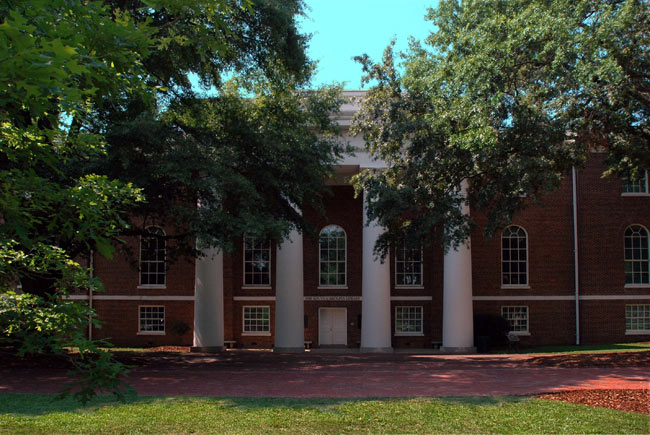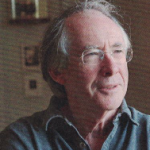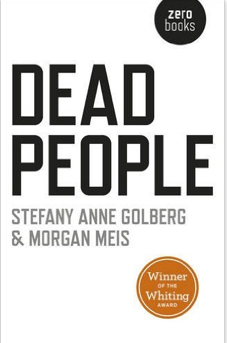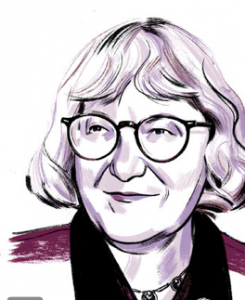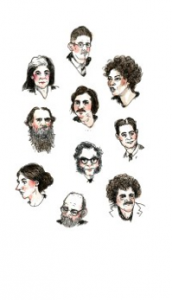The deadline to register for the 4th Biennial John Updike Society Conference in Columbia, South Carolina, October 12-15, 2016, is fast approaching. Registration is $150 and increases to $185 after September 1, but members and others are encouraged to make that deadline to enable conference director Don Greiner and host University of South Carolina Libraries to finalize conference plans.

Here is the registration form: THE 4TH BIENNIAL JOHN UPDIKE SOCIETY CONFERENCE
It’s all very convenient and compact, with the conference held on the campus of the University of South Carolina, the Inn at the University of South Carolina serving as the official conference hotel, and the bar of that hotel open for conference attendees Thursday through Saturday.
Here is the updated conference schedule, including paper titles and names of presenters: 4th JUS Conference Schedule (updated)
Conference highlights:
• Keynote address by Garrison Keillor, of A Prairie Home Companion fame (Mr. Keillor says he’s eager to hear what Updike scholars have to say)
• Inaugural Rabbit Open golf tournament (optional/all skill levels welcome)
• Book-length catalogue of the Don and Ellen Greiner Updike Collection (free to all attendees)
• Broadside featuring a comment about Updike by Keillor, suitable for framing (and autographing)
• Major Updike exhibit (16 cases) of typescripts, inscriptions, broadsides, limited editions, two love poems Updike wrote at age 10, etc.
• Special presentation by two of Updike’s children, Miranda and David Updike
• Opportunity to examine rare and seldom displayed 19th and 20th century American literature artifacts and literary items (Emerson, Thoreau, Whitman, Hawthorne, Melville, Howells, Fitzgerald, Hemingway, Faulkner, Joyce, Heller, etc.)
• Plenary talk on Updike collections by Leslie Morris (Houghton Library) and Elizabeth Sudduth (USC Libraries)
• DVD presentation of Updike delivering his controversial talk “On Literary Biography” at USC
• Tour of Civil War sites like the State House (pictured above) and the USC “Horseshoe,” which Gen. Sherman spared on his march through the South because the campus buildings were being used as a hospital for both sides; the South Caroliniana Library (pictured below), on the Horseshoe, was built in 1840 and was the first freestanding college library in the nation.
• Slideshow presentation on the location of the 5th John Updike Society Biennial Conference in June 2018, with keynote speaker also announced.
Though attendees must be members of the society, all are welcome to join and experience this celebration of manuscripts, research, and special collections, with a focus on John Updike.
